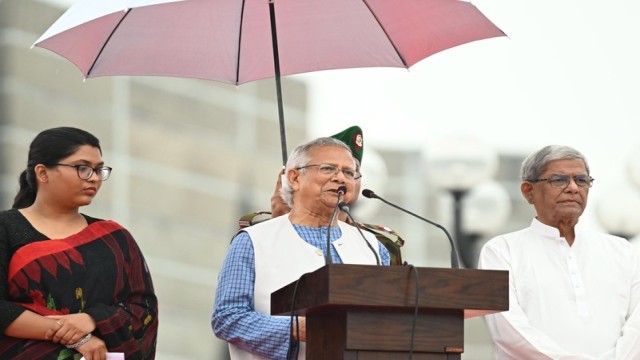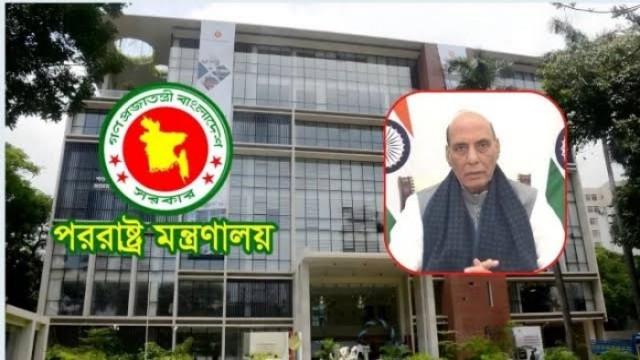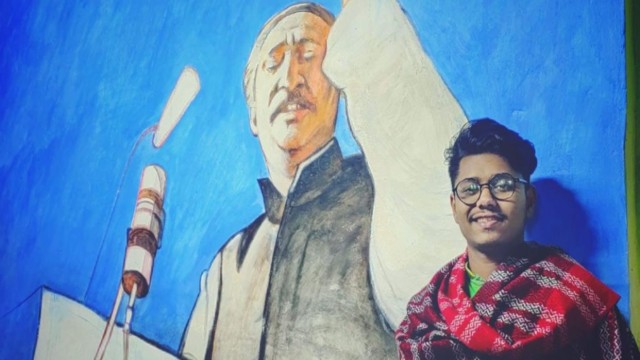Dhaka, August 6 (V7N) – On the anniversary of Bangladesh’s historic popular uprising, the chief advisor of the movement, Professor Muhammad Yunus, presented the "July Declaration," outlining the background and consequences of recent political developments in the country. The declaration reflects a critical view of the events surrounding the January 11, 2007 (commonly referred to as "One-Eleven") political crisis and subsequent elections under the current ruling party.
In the document, Professor Yunus highlighted the challenges faced in preserving democratic transitions of power in Bangladesh. He stated, “Due to both domestic and international conspiracies that disrupted the democratic process of government transition, the One-Eleven regime paved the way for Sheikh Hasina’s absolute power, dominance, and the emergence of fascism in Bangladesh.”
The declaration also referenced all three general elections held under the current Awami League government, portraying them as contributing factors to the concentration of power. It painted a picture of a political environment where electoral integrity and democratic checks have been undermined, giving rise to authoritarian control.
This statement comes amid a broader movement calling for democratic reforms and transparency in governance. Supporters of the July uprising view the declaration as a foundational document that articulates their goals for restoring democratic accountability and resisting political authoritarianism.
The event commemorating the uprising’s anniversary featured various programs across the country, aiming to reignite public discourse on democracy, governance, and the rule of law.
END/V7N/SMA/






























Comment: